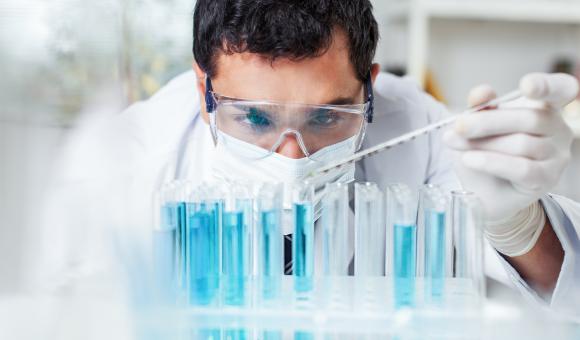
As part of the European Union's recovery plan, Wallonia will receive almost one and a half billion euros. The proposed projects include the creation of a European school of biotechnology and a healthcare hub on the Biopark site in Gosselies. The aim? To overcome the workforce shortage faced by this rapidly expanding sector by adapting the education and training dedicated to these professions.
Biotech and biopharma companies are booming in Wallonia. They are investing heavily and need manpower to grow on the international stage. However, they are often faced with a lack of qualified candidates when recruiting.
Today, it is estimated that companies in this sector will need 2,400 people over the next three years in Wallonia alone. Between 700 and 800 positions are currently said to be vacant. At Forem, for example, the services received 248 job offers from companies in January alone. "It's the best performing sector at the moment," Marie-Kristine Vanbockestal, Forem's Administrator General, told l'Echo. "In 2020, 2,150 new jobs were created in this sector. That's 700 more than in 2019."
"This labour shortage concerns almost all types of roles," Hughes Bultot, CEO of Univercells, explains to RTBF, "from laboratory assistants and development engineers to scientific professions, at the level of production processes. The local talent pool has been used up, so we have to attract foreign candidates, or train existing ones."
So we are not only talking about doctoral students, but also technicians and middle-management positions. In chemistry and biology, one in five jobs does not require any previous work experience.
The EU biotech school project therefore aims to bridge the gap between education and business, for example by optimising digital training programmes for new biomanufacturing skills or by developing managerial skills. The idea is therefore not to create an additional training provider, but rather to bring together resources to create a centre of excellence with European ambitions and to meet the needs of companies as effectively as possible.
This new professional training centre will offer state-of-the-art facilities and services to attract students and jobseekers with low- or high-level qualifications into science (STEM - science, technology, engineering and mathematics) careers.
The choice of location was not random. The Gosselies area is in fact at the heart of an existing biotechnology ecosystem, close to Brussels South Charleroi Airport, which allows international connections.
This €30 million project could well be a driving force for post-Covid economic recovery with the creation of 10,000 direct and indirect jobs thrown into the bargain. As an international flagship, this training centre will also attract new investors and further develop the health and biotech sector in Wallonia.
If the European Commission gives the green light, work should begin in early 2022.
